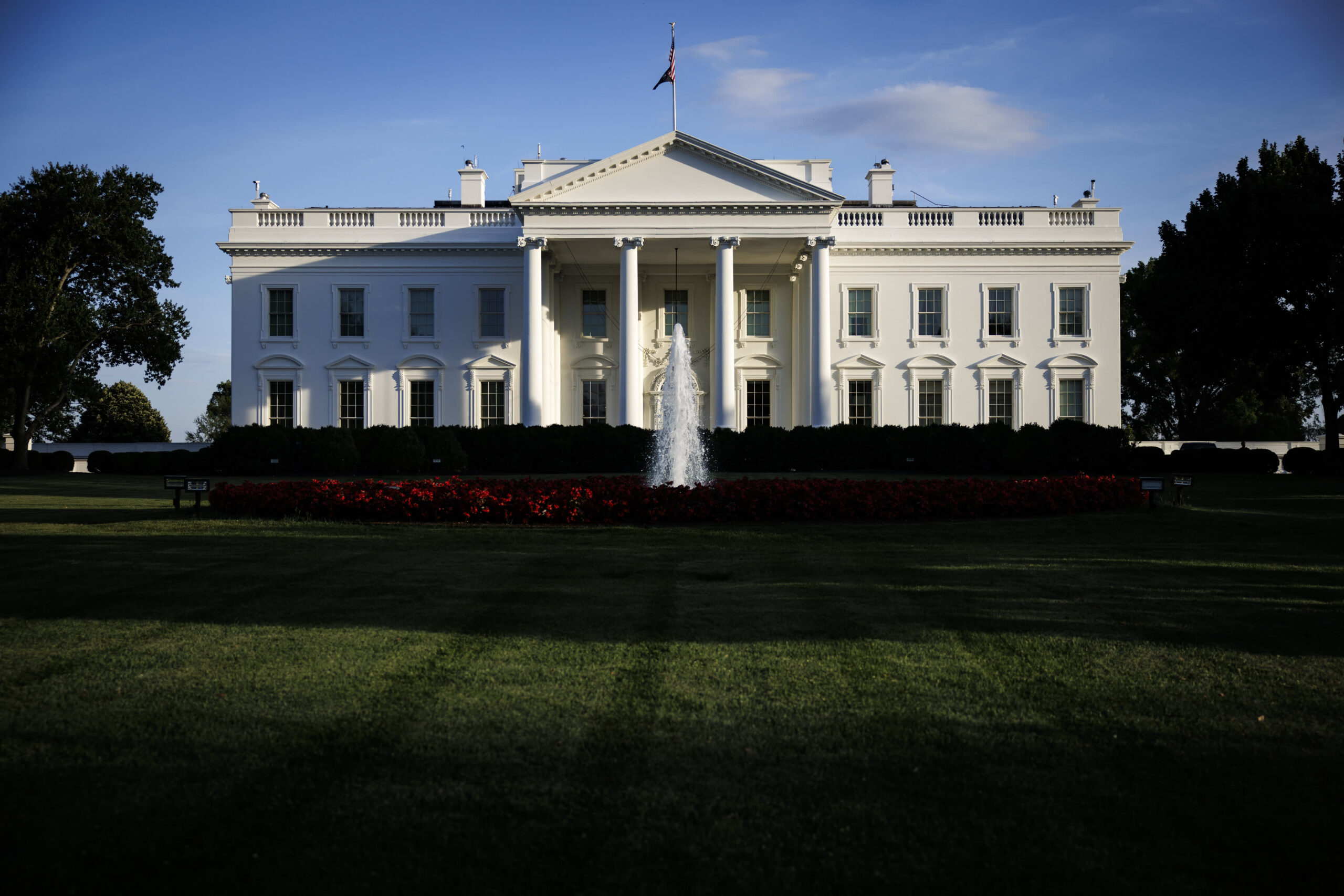
KEY POINTS
- Fitch Ratings cut the United States’ long-term foreign currency issuer default rating to AA+ from AAA.
- The agency had placed the country’s rating on negative watch in May, citing the debt ceiling fight in Washington.
- “The repeated debt-limit political standoffs and last-minute resolutions have eroded confidence in fiscal management,” Fitch said.
- U.S. stock futures opened lower Tuesday evening after the downgrade.
Fitch Ratings downgraded the United States’ long-term foreign currency issuer default rating to AA+ from AAA on Tuesday, pointing to “expected fiscal deterioration over the next three years,” an erosion of governance and a growing general debt burden.
“The repeated debt-limit political standoffs and last-minute resolutions have eroded confidence in fiscal management,” said Fitch.
U.S. stock futures opened lower after the rating agency issued its downgrade, with Dow futures sliding about 100 points.
In May, the agency placed the nation’s AAA rating on negative watch, blaming the debt ceiling fight. At the time, lawmakers in Washington butted heads over an agreement that would keep the federal government from running out of money. President Joe Biden signed the debt ceiling bill on June 2, just days away from the “X-date” on June 5.
The country’s recent debt limit feud was mentioned again in Tuesday’s downgrade.
“In Fitch’s view, there has been a steady deterioration in standards of governance over the last 20 years, including on fiscal and debt matters, notwithstanding the June bipartisan agreement to suspend the debt limit until January 2025,” the ratings agency said.
Fitch also highlighted the rising general government deficit, which it anticipates will rise to 6.3% of gross domestic product in 2023, from 3.7% in 2022. “Cuts to non-defense discretionary spending (15% of total federal spending) as agreed in the Fiscal Responsibility Act offer only a modest improvement to the medium-term fiscal outlook,” Fitch said.
The agency also noted that a combination of tightening credit conditions, weakening business investment, and a slowdown in consumption could lead the economy into a “mild” recession in the fourth quarter of 2023 and first quarter of next year.
The White House disagreed with Fitch’s downgrade. “It defies reality to downgrade the United States at a moment when President Biden has delivered the strongest recovery of any major economy in the world,” press secretary Karine Jean-Pierre said.
This isn’t the first time a rating agency has downgraded the U.S. Standard & Poor’s cut the nation’s credit rating to AA+ from AAA in 2011 after Washington managed to avoid a default. At the time, the agency highlighted political risk as part of its reasoning.


